A méi 玫 by any other name is a rose. But a rose by any other name? It’s still a rose, unless, of course, it’s a patented variety with a trademarked name. Kunming, China is the flower capital of China, attracting top horticulturists from around the world. They work with local farmers to grow the long-stem roses you were supposed to receive on Valentine’s Day.
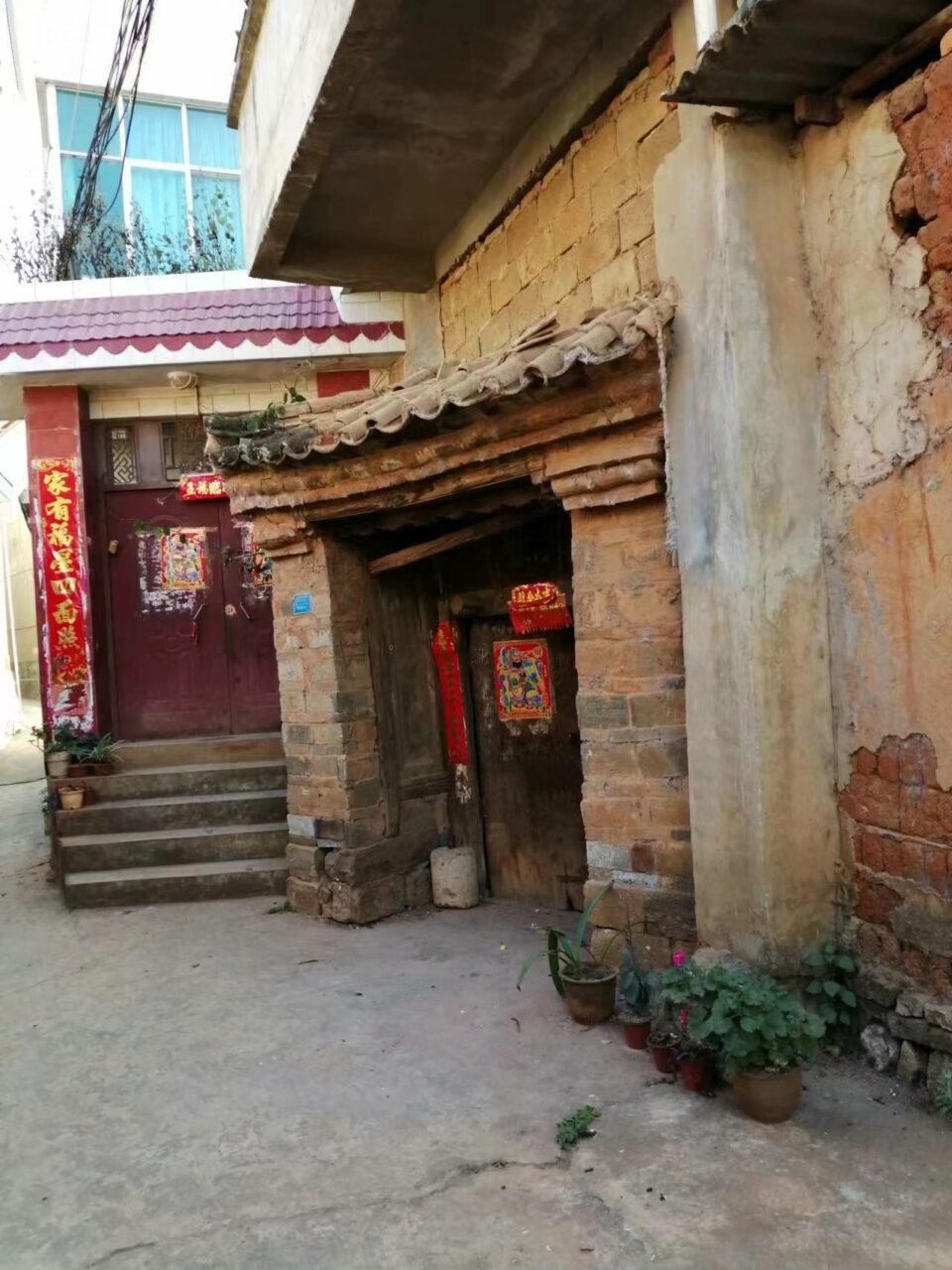
A friend of mine, a horticulturist from Ecquador, invited me to join him in touring a rose farm over the weekend. The farm was in the middle of nowhere, surrounded by fields of rich red dirt and plastic-topped greenhouses.
My nose had a field day.
I had no idea how different varieties really would even make Shakespeare reconsider his words. A rose is not just a rose. Some have more petals than others. Some are long stems. Some are sprays. Some resemble peonies, others look like the upscale cousin of a chrysanthemum. Every color of the rainbow except blue, as no one can figure out how to make a blue rose yet.
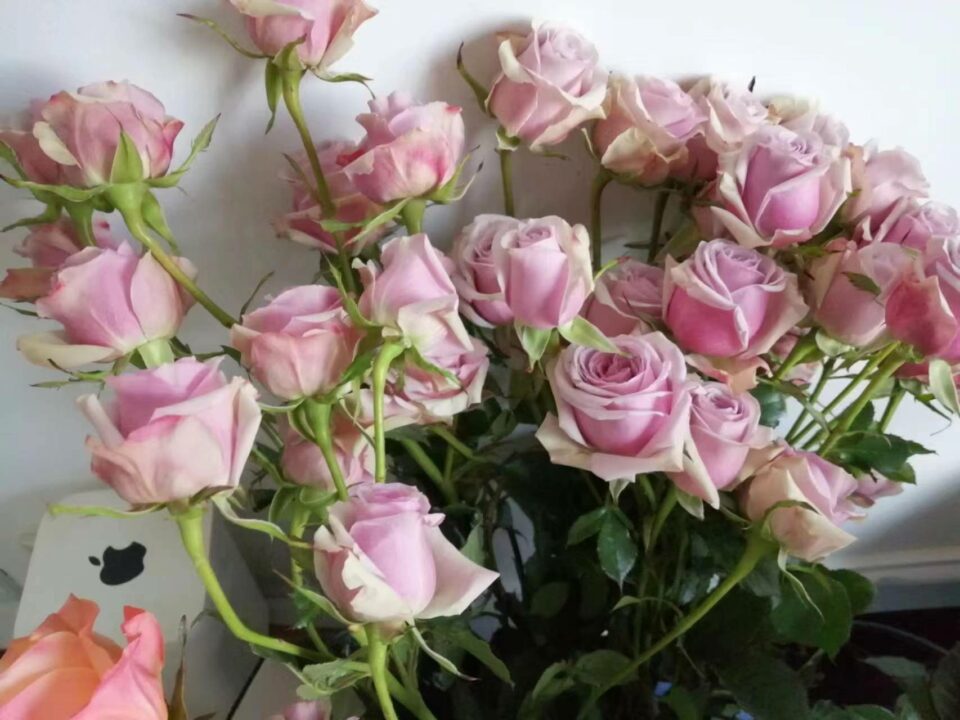
Each rose variety has its own persnickety routine. My friend’s job is to assure farmers understand how to nurture each one.
The greenhouses were massive and cameras were off-limits.
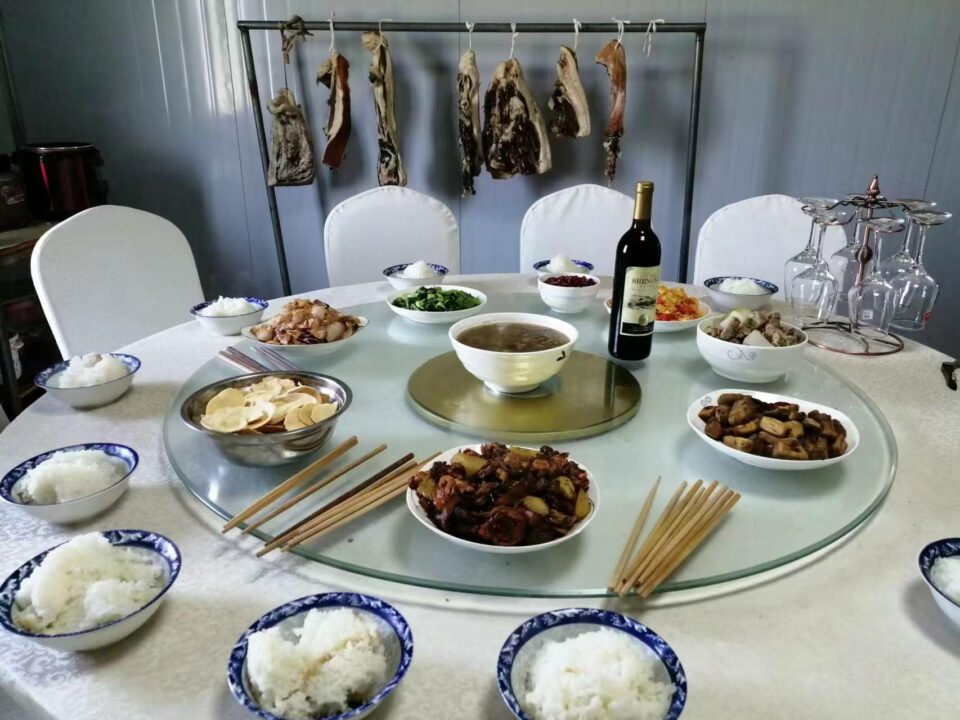
After a long meeting, the farmer treated us to a homespun meal of black chicken, stinky tofu, turnip soup, scrambled eggs with tomato, and local wine. Yes, that is what you think hanging in the background.
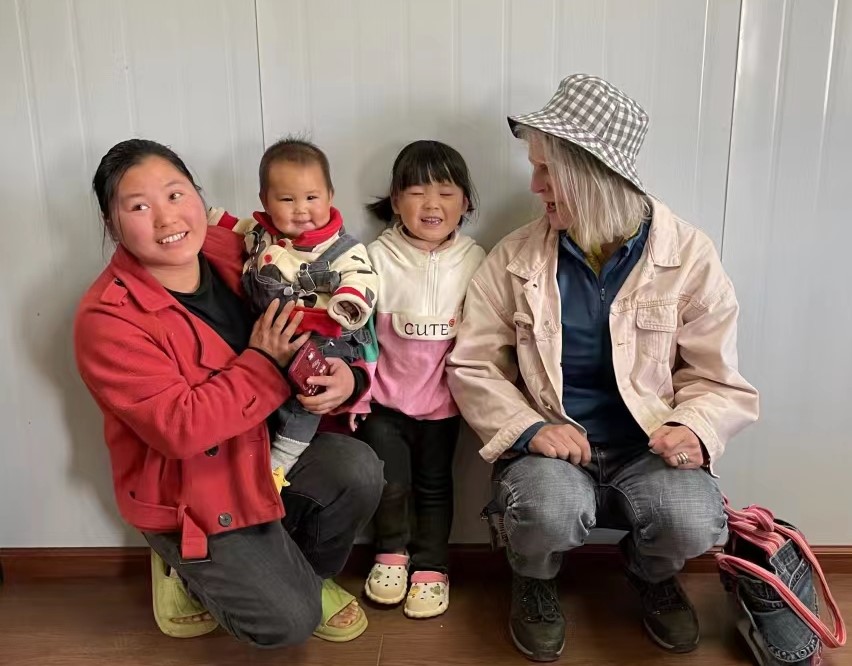
The cook made the feast with her baby tied on her back.
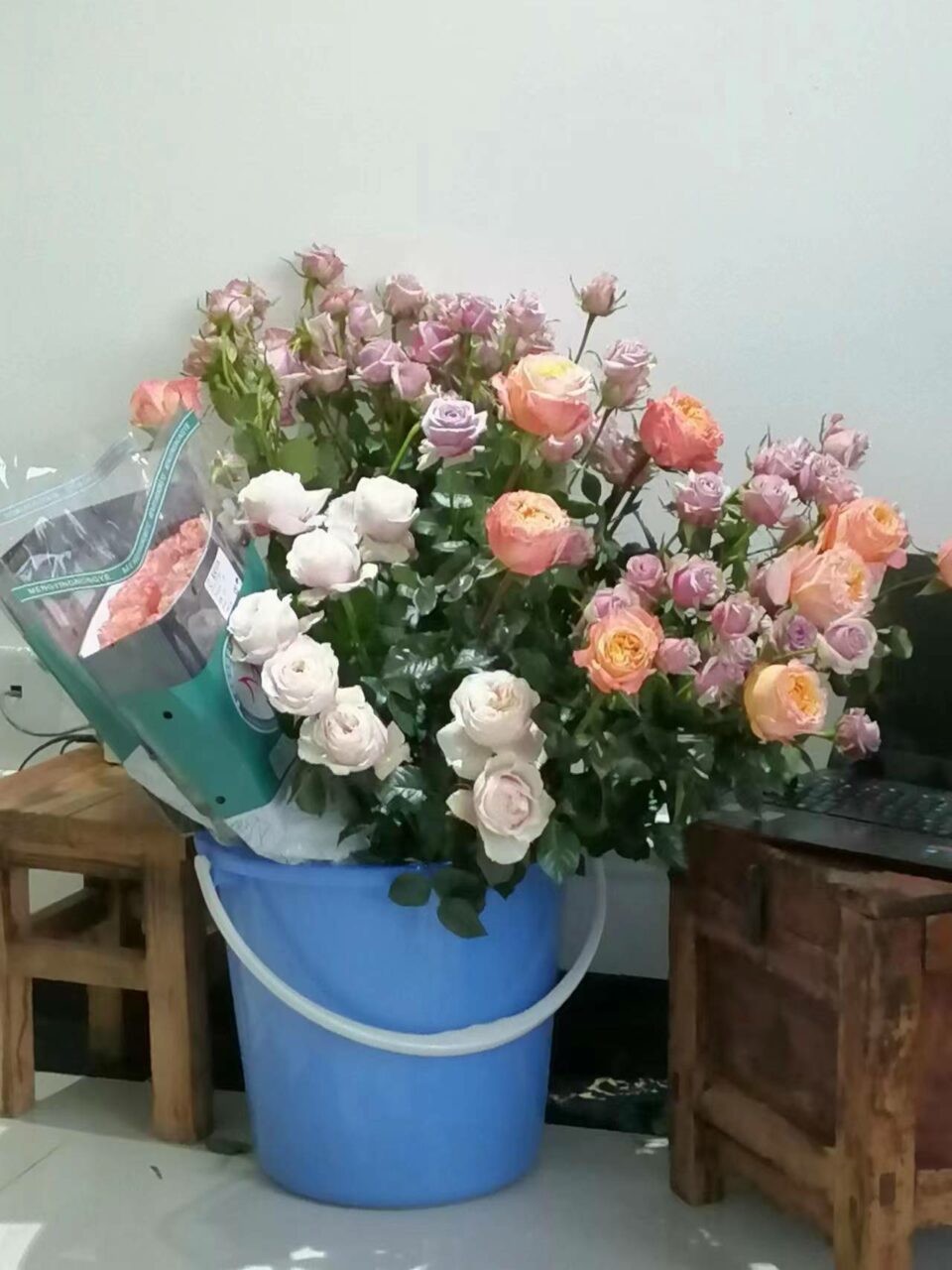
My parting gift was fresh-cut roses– seven bouquets, too big for any vase. I scrambled around my apartment to find something to put them in.
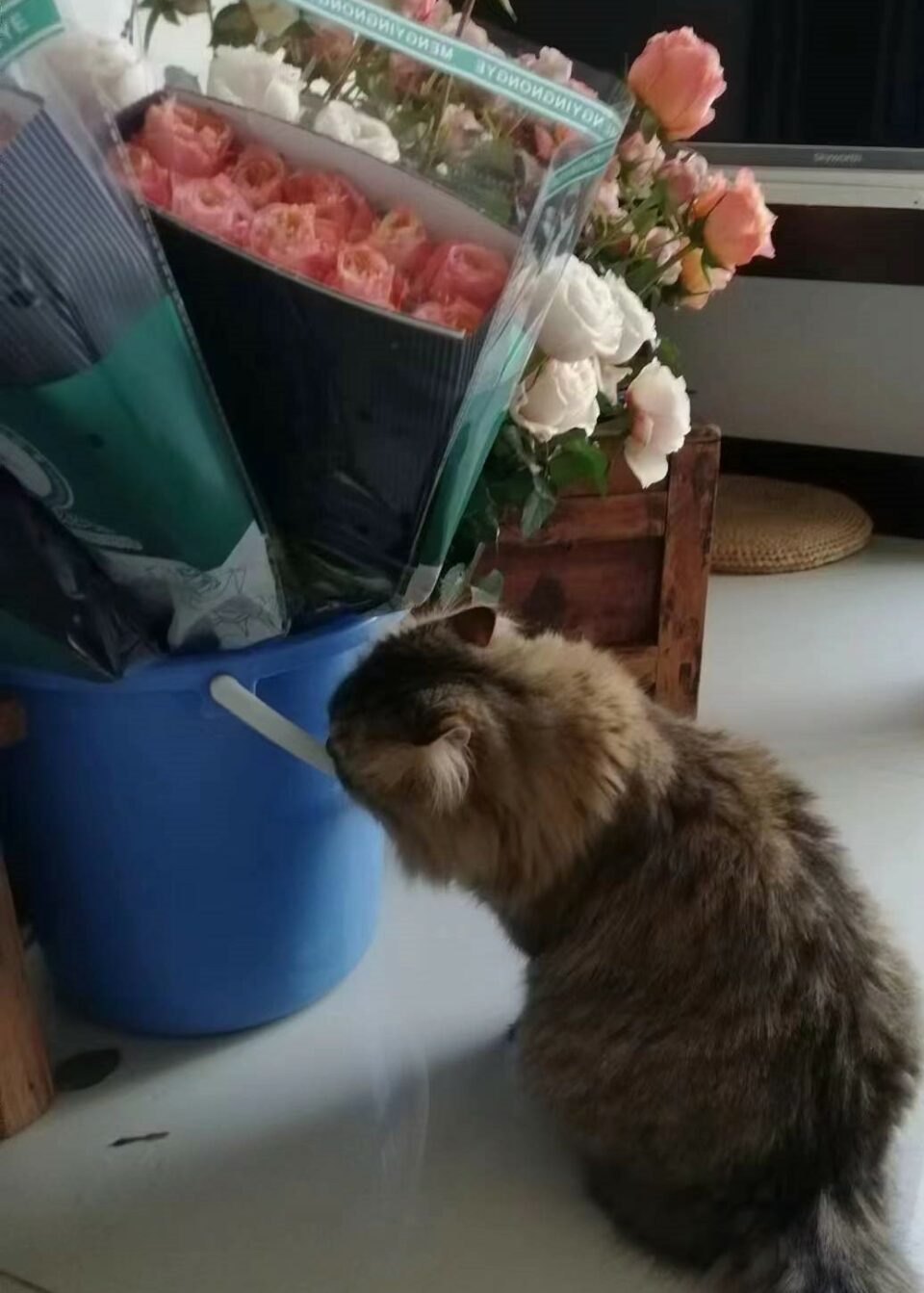
So, is a laundry basket by any other name still a laundry basket?
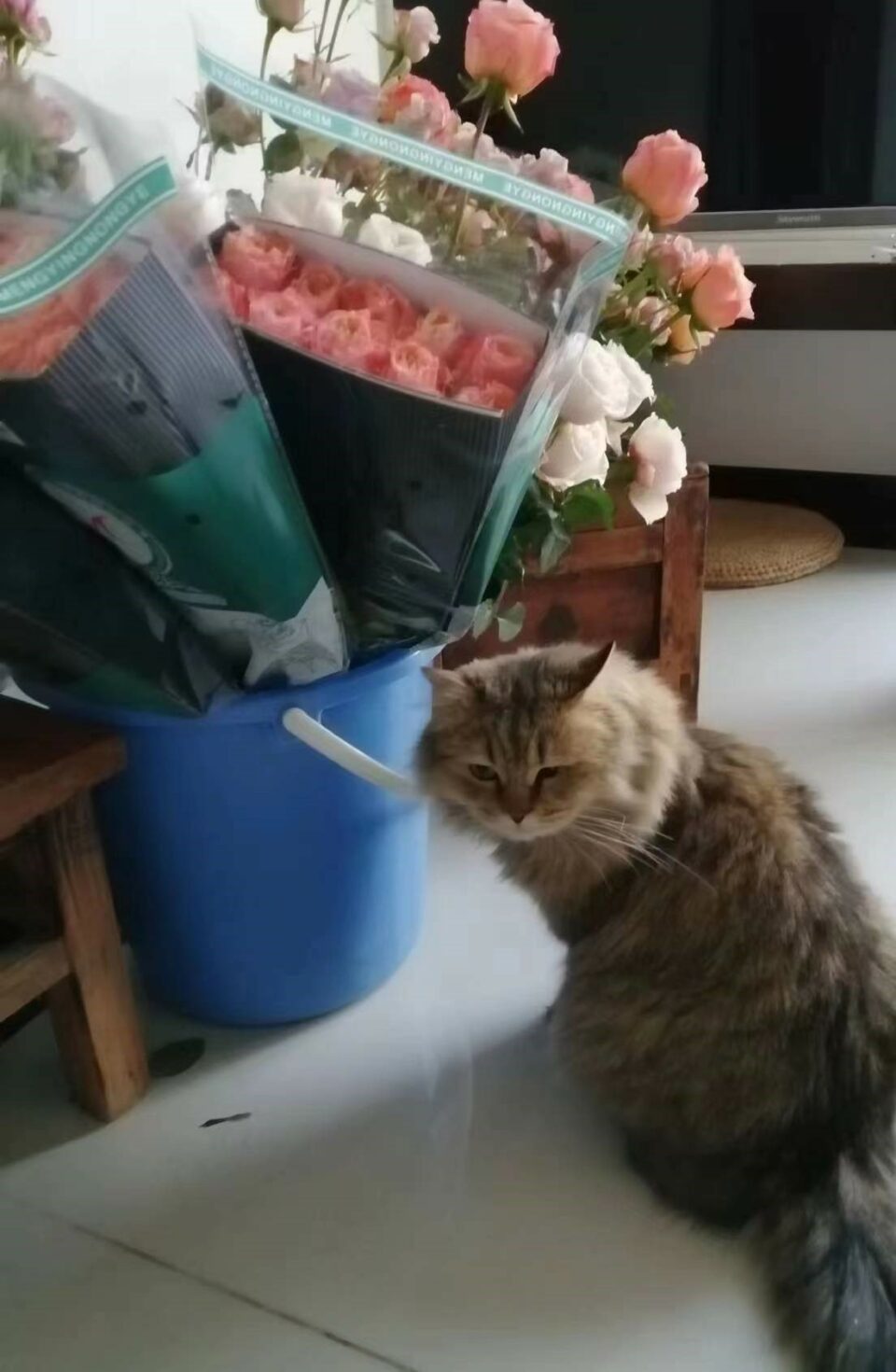
Kitty says no.
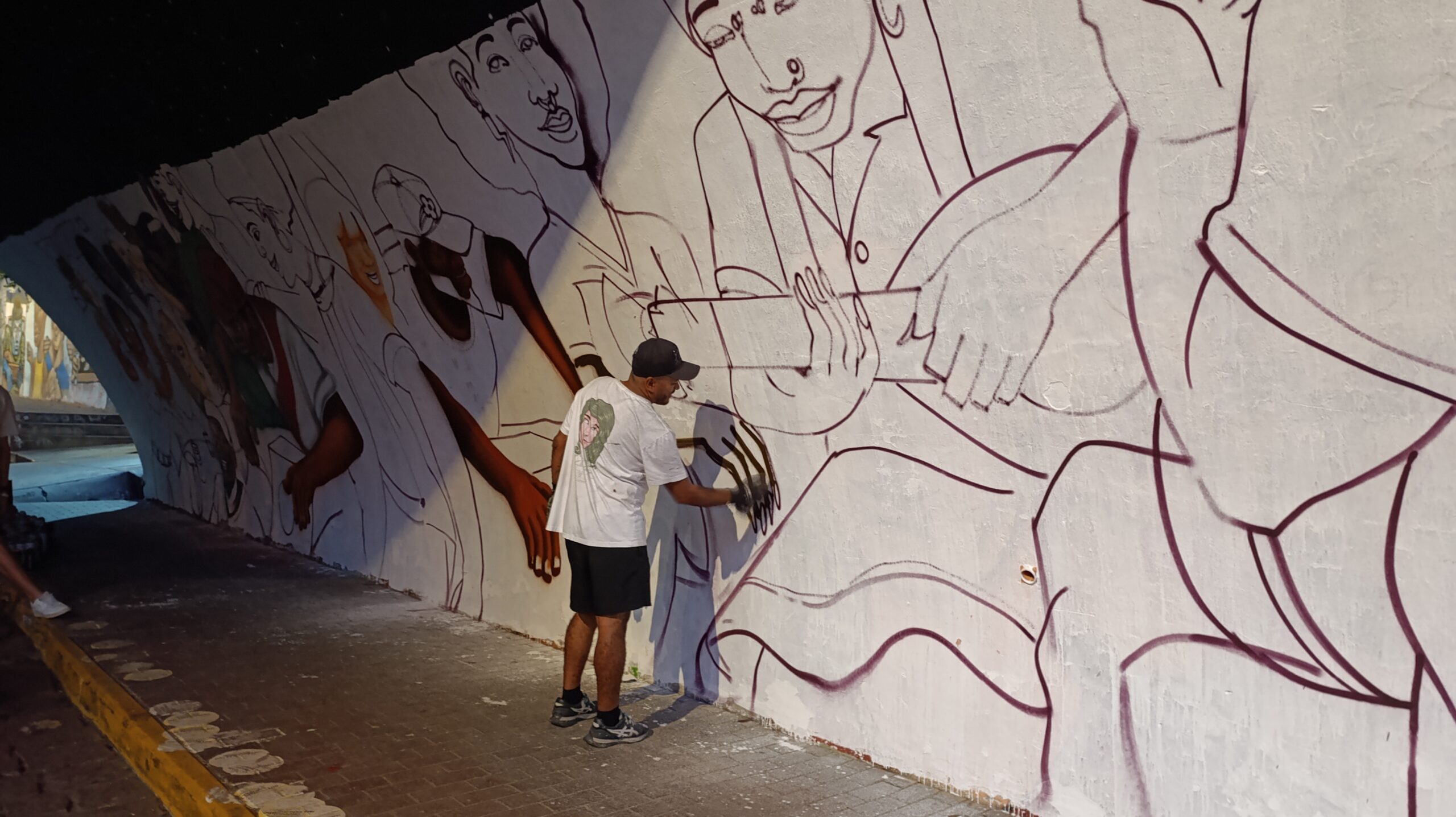
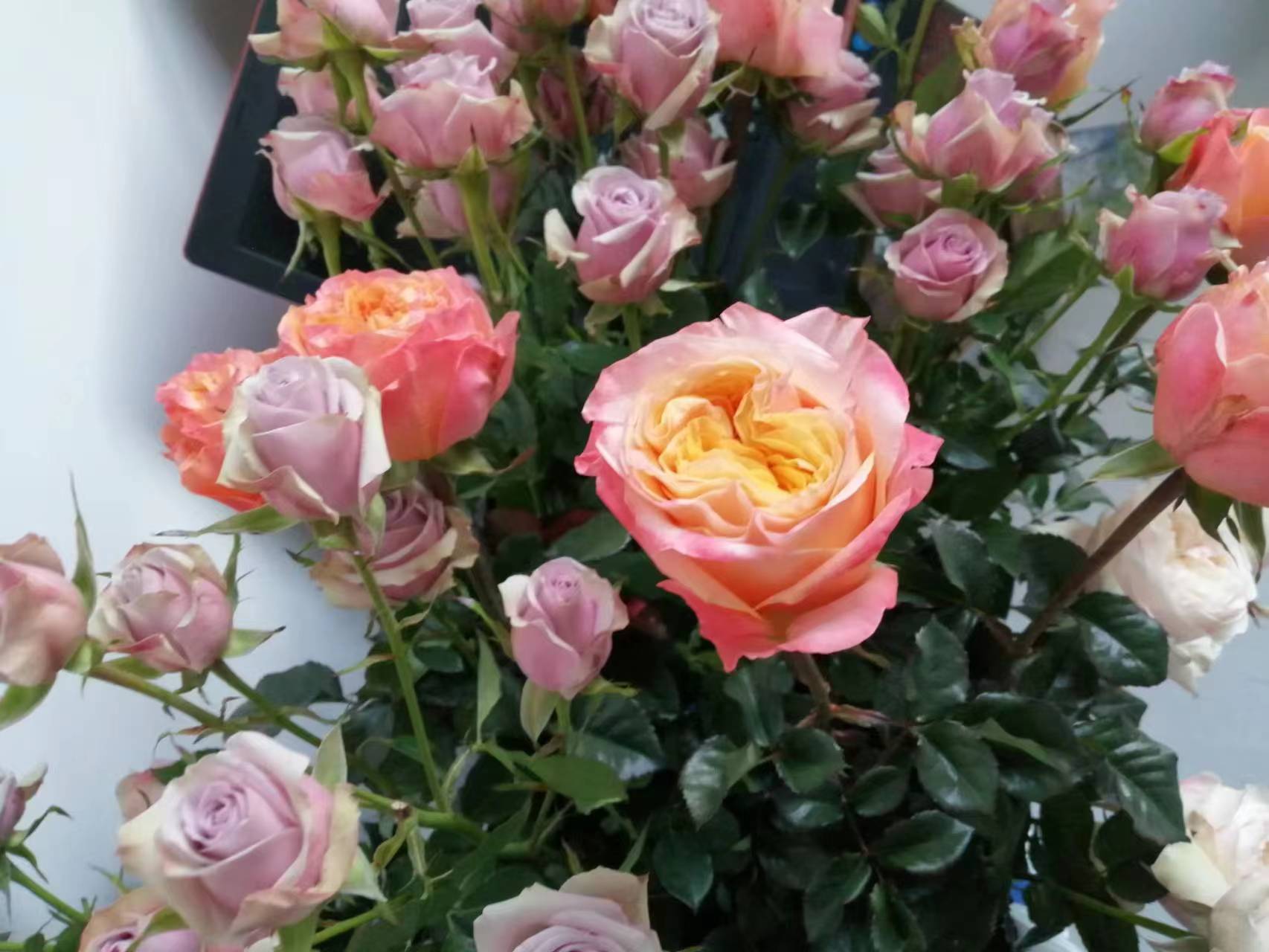
Oh, how beautiful. Were they all fragrant? What was the mix of smells like?